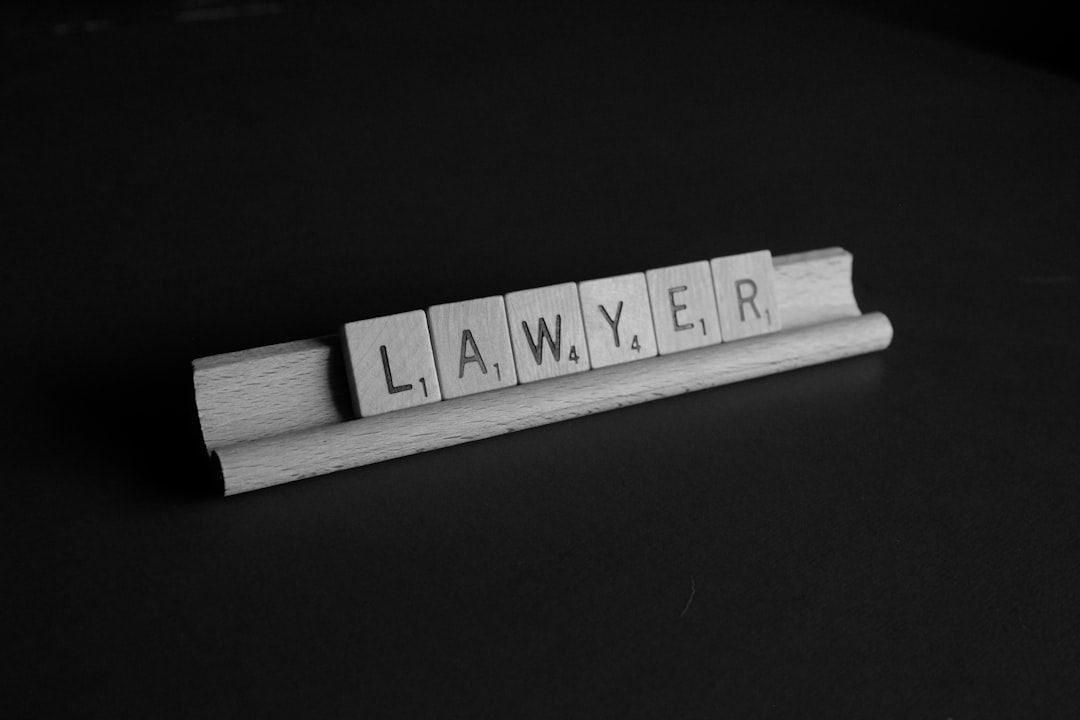In Massachusetts, the Telephone Consumer Protection Act (TCPA) strictly regulates telemarketing and spam text messages, prohibiting automated or prerecorded calls without prior consent. Violations can lead to substantial fines and legal problems, including emotional distress compensation. Residents can file complaints and consult a lawyer for Spam Text Massachusetts to protect their rights, ensuring a secure digital environment and preserving consumer privacy. Legal experts guide clients through TCPA compliance, filing FCC complaints, or pursuing litigation to halt unwanted messaging and seek damages.
In the digital age, understanding the Telephone Consumer Protection Act (TCPA) and its regulations is paramount, especially in Massachusetts. This article delves into the most common TCPA violations, focusing on spam text messages, a persistent issue affecting residents. We explore scenarios leading to these breaches, their legal ramifications, and the rights of recipients. Additionally, we highlight the importance of seeking a lawyer for Spam Text Massachusetts to navigate these complex issues and ensure compliance with state laws.
Understanding the TCPA and Its Regulations in Massachusetts

In Massachusetts, the Telephone Consumer Protection Act (TCPA) regulations are strictly enforced to protect residents from unwanted telemarketing and spam text messages. The TCPA prohibits companies from sending automated or prerecorded phone calls or texts to individuals without their prior express consent. This includes marketing, sales, or even informational messages.
Massachusetts residents have the right to file complaints against companies that violate the TCPA. If you’ve received unwanted spam text messages or telemarketing calls, consulting a lawyer for spam text in Massachusetts can help you understand your rights and take legal action if necessary. These regulations are designed to ensure consumer privacy and prevent frustration from unsolicited communication, making them crucial in maintaining a peaceful and secure digital environment.
Common Scenarios Leading to Spam Text Violations

In today’s digital era, spam text messages have become a ubiquitous nuisance, leading to numerous legal issues under the Telephone Consumer Protection Act (TCPA) in Massachusetts. Common scenarios often involve businesses or individuals sending unsolicited texts en masse, failing to obtain proper consent from recipients. This can include marketing campaigns that don’t provide an opt-out option or send messages to numbers on do-not-call lists. Moreover, automated texting services that send promotional content without human verification are frequent culprits.
One of the most problematic areas is when companies use “opt-in” systems incorrectly, assuming prior consent from customers who haven’t explicitly agreed to receive texts. Another violation occurs when text messages are sent to pre-recorded numbers or automated voice mail services, as these don’t allow recipients to give meaningful consent. A lawyer for Spam Text Massachusetts can help individuals and businesses navigate these complex issues and ensure they comply with TCPA regulations to avoid hefty fines and legal repercussions.
Legal Consequences of TCPA Breaches

In the event of a TCPA violation, individuals and businesses in Massachusetts can face severe legal repercussions. The Telephone Consumer Protection Act (TCPA) is a federal law designed to protect consumers from unwanted phone calls, texts, and faxes, primarily from automated or prerecorded messages. When a company or individual violates this act through spam text messaging or other unauthorized contact methods, it may result in substantial fines and penalties.
These legal consequences can include monetary damages for each violation, with potential awards reaching up to $500 per unauthorized call or message. A lawyer for Spam Text Massachusetts can guide victims through the process of seeking compensation and enforcing their rights under the TCPA. Additionally, affected parties may be entitled to seek injunctive relief to stop further unwanted contact, ensuring their privacy and peace of mind are protected.
Protecting Yourself: Rights and Remedies for Recipients

If you’re a resident of Massachusetts, you have specific rights under the Telephone Consumer Protection Act (TCPA) to protect yourself from unwanted spam texts and telemarketing calls. When your phone is bombarded with unsolicited messages, knowing your rights and remedies can be empowering. If your privacy has been violated by spam text messages or robocalls, you don’t have to ignore them; taking action against the violator is within your reach.
One of the most common courses of action for recipients in Massachusetts is to consult a lawyer specializing in TCPA cases, especially when dealing with persistent spam text messages. A legal expert can guide you through the process of filing a complaint with the Federal Communications Commission (FCC) or pursuing litigation against the offending party. Your rights extend beyond simply blocking numbers; seeking compensation for emotional distress and damages caused by these violations is also an option. Don’t let violators get away with invading your personal space—take charge, protect yourself, and consult a lawyer for Spam Text Massachusetts to ensure your rights are upheld.
The Role of a Lawyer for Spam Text in Massachusetts

In the context of spam text, or unsolicited bulk messages, individuals in Massachusetts have protections under state law and the Telephone Consumer Protection Act (TCPA). When these laws are violated, victims may face unwanted intrusions into their personal lives and potential financial harm. This is where a lawyer for spam text in Massachusetts plays a crucial role.
Retaining legal counsel specializing in TCPA violations can provide several benefits. They can help determine if a violation has occurred and guide clients through the process of seeking redress, which may include monetary damages or cessation of the unwanted messaging. Such lawyers also ensure that all legal actions are taken within the prescribed timeframes and according to the specific rules governing spam text in Massachusetts.






